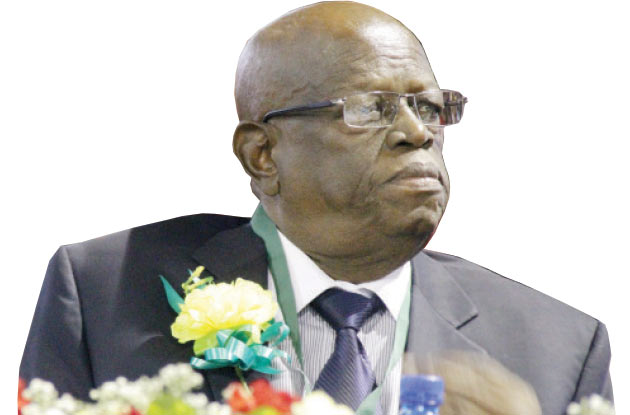Joining rand union ‘dangerous’

Bianca Mlilo, Business Reporter
RESERVE Bank of Zimbabwe (RBZ) governor Dr John Mangudya has warned that joining the Rand Monetary Union at the moment could worsen the economic situation as the country does not meet the recommended conditions for its adoption.
There have been increased calls by bankers, industry and commerce for Zimbabwe to adopt the rand as its main currency instead of the United States dollar.
In view of the firming US$ against regional currencies and the associated effect on production costs, worsening cash shortages and depletion of nostro reserves, the RBZ has been cornered to adopt the rand as the official currency to reduce concentration risk associated with the strong dollar.
Zimbabwe has been using the US dollar as its main medium of exchange since 2009 alongside other currencies in the multiple-currency system.
Of late surveys indicate the US dollar now accounts for 95 percent of all transactions in the country following the weakening of the rand whose circulation has diminished to about five percent, according to RBZ.
Responding to the issue in an interview yesterday, Dr Mangudya said the fundamentals associated with the adoption of the rand as a formal currency were not right.
He explained that the Rand Monetary Union demanded that the country seeking admittance have its own currency, which Zimbabwe lacks.
“The rand issue is very simple. We could have joined the Rand Monetary Union or the Sacu (Southern Africa Common Union) in 2009 but there are certain criteria to doing that, which is why we are using a multi-currency system and not a single currency,” said Dr Mangudya.
“What you are asking for is very dangerous because we might go into a worse situation. You cannot have a rand zone without your own currency, and our time is not now.
“South Africa cannot supply the whole region with a currency. This is why we are introducing the bond notes which are a restraint measure meant to incentivise exports.”
The RBZ is already rolling out a massive public awareness campaign to clarify the use of bond notes and their benefits to the economy.
This follows negative perception and misunderstanding of the concept, which some mistook for the return of the dreaded Zimbabwean dollar via the backdoor.
The Government has assured the public that the multiple currency system is here to stay and that printing of bond notes will only be limited to a $200 million value, which will not cause inflation. Dr Mangudya emphasised that although the South African rand was legal tender in many countries, the difference was that other member states issued their own currencies, which are the Lesotho loti, Namibian dollar and Swazi’s lilangeni. These currencies are exchanged at par with the rand.
Experts say Zimbabwe cannot just walk into the Rand Monetary Union without facing monumental legal challenges.
It is also impossible for the country to unilaterally adopt the rand without infringing on the agreement that binds the Rand Union member States as appended to a 1974 pact signed as the basis for the formation of the Common Market Area (CMA) agreement.
@BiancaMlilo











Comments